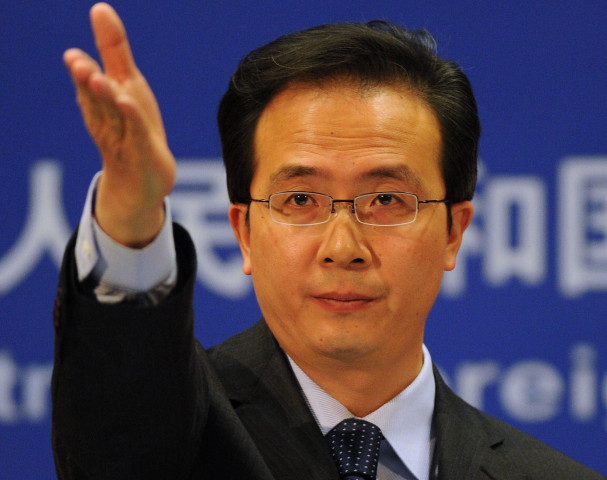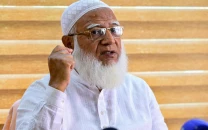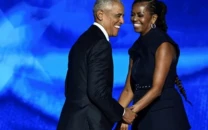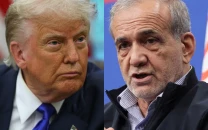50 years after war, China and India are partners: Beijing
China's foreign ministry spokesman says both China and India face important opportunities of development as partners.

Badly-equipped Indian troops were humiliated in the four-week war along the Himalayan frontier which began in October 1962, with Chinese forces pouring through the mountains and advancing as far as the plains of Assam.
China then withdrew to the current border but it still claims much of the remote Indian state of Arunachal Pradesh, and the dispute consistently sours efforts to improve ties between the regional rivals.
"The current road has undergone deep and profound changes," China's foreign ministry spokesman Hong Lei said while remarking on the war anniversary.
"As the two most populous developing countries and emerging economies, both China and India face important opportunities of development (and) the two countries are cooperation partners instead of rivals.
"Common ground far outweighs disputes and common interests outnumber conflicts ... the world has enough space for the common development of China and India."
The border between India and China has been the subject of 14 rounds of fruitless talks since the war. Despite warm words during official visits, friction remains high on the border itself.



















COMMENTS
Comments are moderated and generally will be posted if they are on-topic and not abusive.
For more information, please see our Comments FAQ